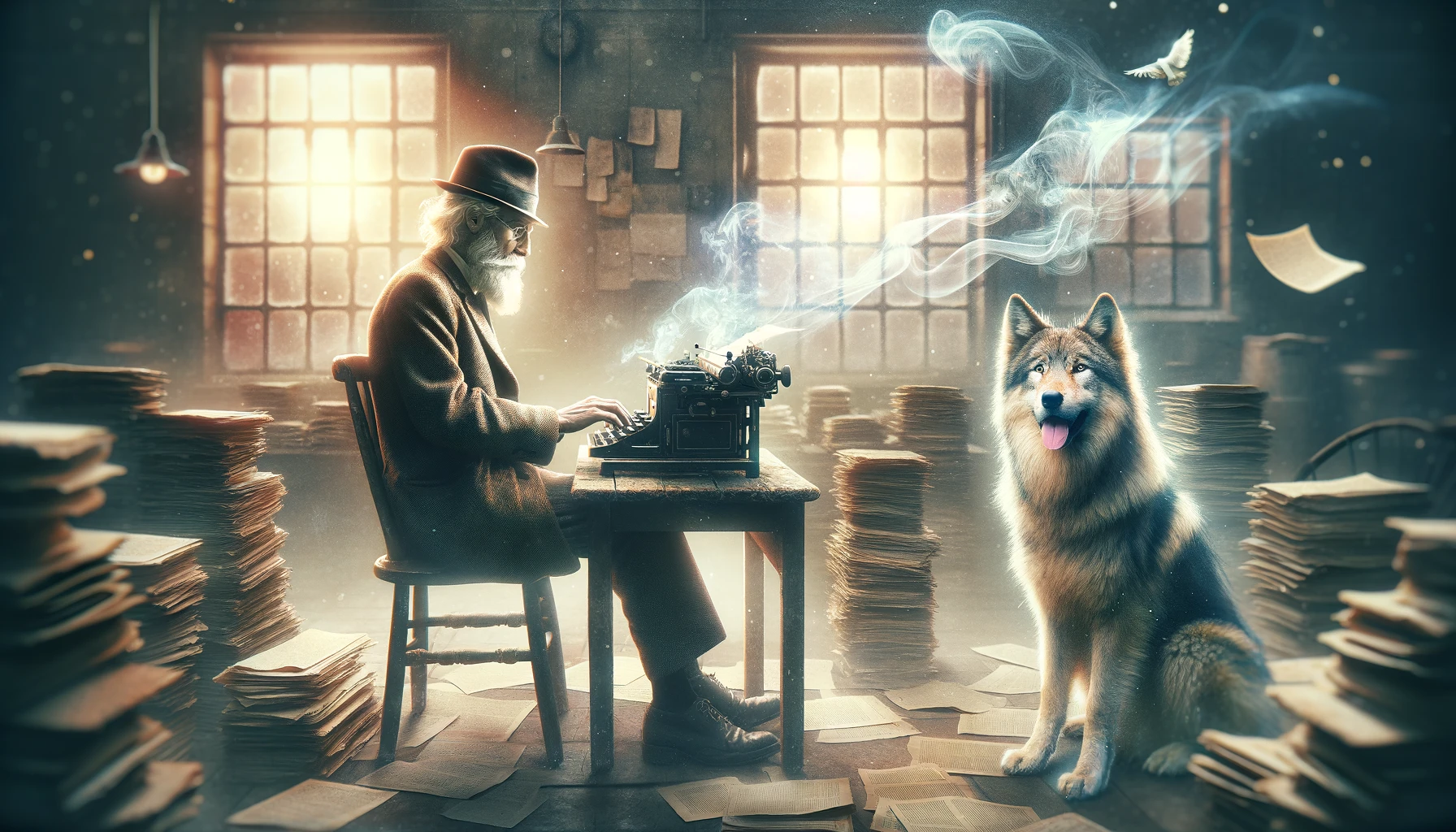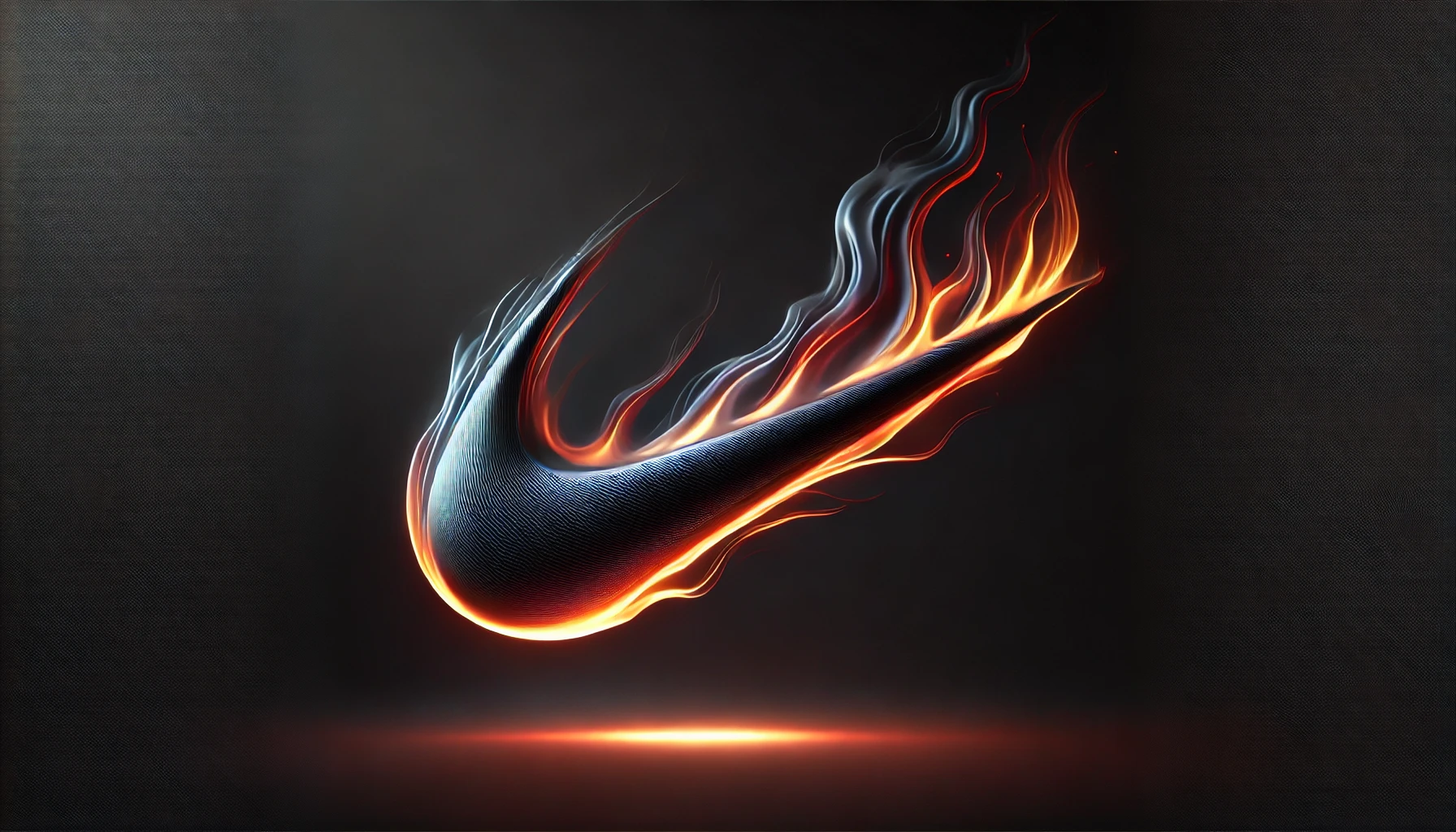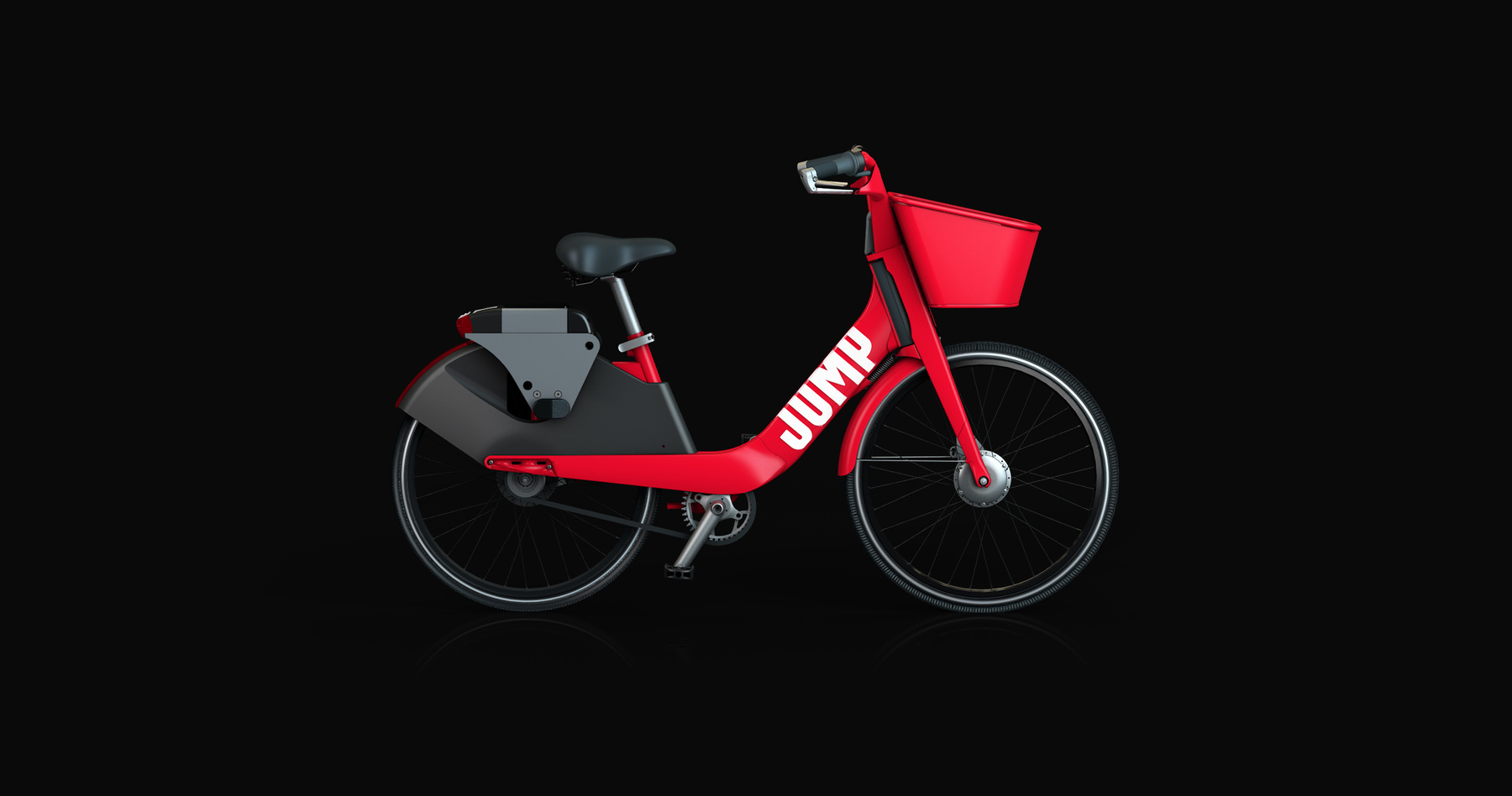The other day, I stumbled upon an old email from a former L.A. Times colleague. We’ll call him Fred. Fred had a certain kind of… presence in the office. Sure, there were quirks. The canned soup lunches. The casual raiding of my leftovers. In his defense, he claimed to be “twice the man,” so naturally, he had to eat twice as much food.
This tracked. He is 6’8”.
The self-proclaimed ‘Spleeman’—a moniker as murky as his motives—was a cultural phenomenon. Or an outright abomination.
No one knew what ‘Spleeman’ meant. I don't think he did, either. Maybe it was a typo. Either way, Fred wore it like a badge of honor, or perhaps like an inside joke no one was ever truly in on. And if the tattoo of Old Ironsides on his forearm didn’t scream “genius,” nothing did.
Unfortunately, I wasn’t able to see him off when he left the Times, but I was fortunate enough to receive his infamous farewell email.
In true Fred fashion, he encouraged everyone to stay in touch via his L.A. Times email. You know, the one he’d no longer have access to. Brilliant.
So, here’s to you, Old Ironsides—the guy who always answers my calls with a text saying he’s at the movies. May your future be guided by the fearless spirit of Magnum P.I., and may you always find a fresh wastebasket to raid.
My friends,
I came to the Los Angeles Times in 1860 after 40 years spent as a trapper in the frigid northern reaches of the Yukon. It was warm here. The people were friendly. The journey south had been arduous, and I had been forced to eat my sled dogs. I was pleased to find that the Times had a cafeteria. I was not pleased that I had to weigh my salad.
My early days at the Times were hard. Back then we made the paper from scratch. Each day. Out of wood pulp. We couldn’t afford a printing press, and so I wrote each copy of the paper by hand. This was before the letter “W” was invented, so it was difficult to write about some things. Like the Civil War. And Woodrow Wilson.
When the papers were dry, I mounted my tame wolf, Night Eyes, and delivered copies to each of our three million subscribers. The climate in Los Angeles was much different in those days. On a cold day, temperatures could reach 600 degrees. On a warm day, my bundle of newspapers would simply burst into flames, and I would return to the Times to start over.
As Los Angeles grew, so did the paper. By 1900, we had 45 million subscribers but just one reporter: Night Eyes. He was, if I’m honest, a terrible journalist. Most of his headlines involved meat or eating meat, or finding an animal and killing it and eating its meat. I couldn’t bring myself to fire him. Not after we’d eaten all those sled dogs together.
These were tough times for the paper. By World War II, or, as we called it, orld ar II, circulation had increased to 60 million subscribers and I was doing most of the work. Night Eyes joined the fledgling Army Air Corps and was shot down over Riverside. He was a terrible pilot.
To my surprise, Night Eyes survived, though he was never the same. In the 1950s he embraced McCarthyism wholeheartedly and I confess I wasn’t monitoring his headlines (“Don’t Eat Red Meat!”) as closely as I should have been.
He mellowed out in the Sixties, largely due to a quaalude addiction that I mistook for chronic sleepiness. Despite the quaaludes – or perhaps because of them – we transformed the L.A. Times into a truly world-class paper. We would win – and later misplace – nearly 300 Pulitzers over the next ten years.
The 70s and 80s were a blur. Circulation was so high that we were forced to hire a second reporter, someone Night Eyes recommended (and who later turned out to be a shoe).
In 1993, following a disastrous three weeks during which Shoe renamed the paper “Shoe” – someone invented the Internet. This was good and bad for us. Good in the sense that we could now ask Jeeves almost anything. Bad in the sense that Night Eyes and I didn’t know how to type. Or plug things in.
Things were looking bad. Bleak, even. Then I woke up one morning in a puddle of ink and whiskey, and what did I see? You. All of you. I didn’t know why you were here or how you got into the building. I only know that these last years would have been miserable without you.
Now, as I take my last breaths, I know that I leave the paper in phenomenally capable hands. I will miss you awfully. Or, as we say, afully.
Please keep in touch. 🏕️🔥
Did you like this post? Sign up or sign in and leave a comment. 💬














Discussion